Imagination Trail Tutoring
Services
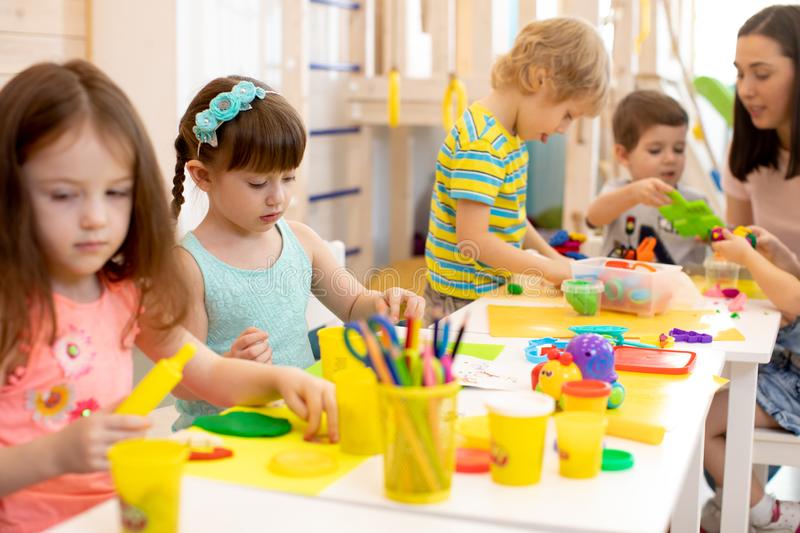
Pre-K to Kindergarten
In preschool, children learn pre-skills. Skills that will help lay the groundwork for more refined skills. It is through the art of play, song and simple learning do preschoolers develop the skills of math, reading, science, etc. A certain “school readiness,” skill is also developed to help the children become better equipped to deal with the adult world. Such as school routines, group work, individual work, and how to be a student. Following are some of the topics covered in the day-to-day learning:
- Phonics
- Sight Vocabulary
- Spelling
- Oral Reading Comprehension
- Reading Fluency
- Introduction to Mathematics
- Printing
Grade 1 to 8 Tutoring
a. English tutoring with thorough coverage of the Ontario English Curriculum includes but not limited to:
- Listen in order to understand and respond appropriately in a variety of situations for a variety of purposes
- Use speaking skills and strategies appropriately to communicate with different audiences for a variety of purposes
- Reflect on and identify their strengths as listeners and speakers, areas for improvement, and the strategies they found most helpful in oral communication situations
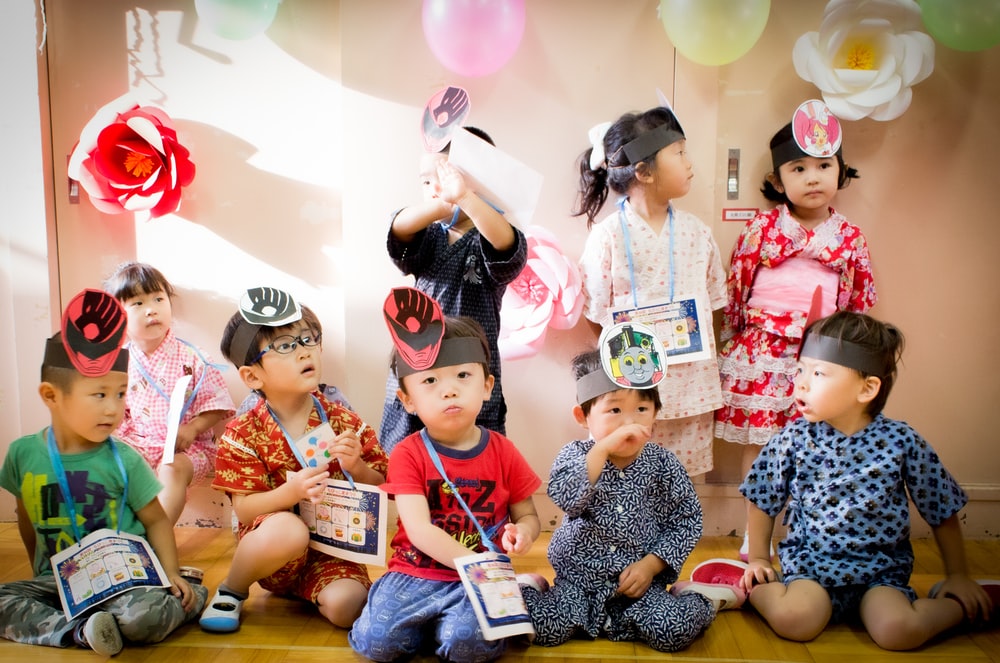
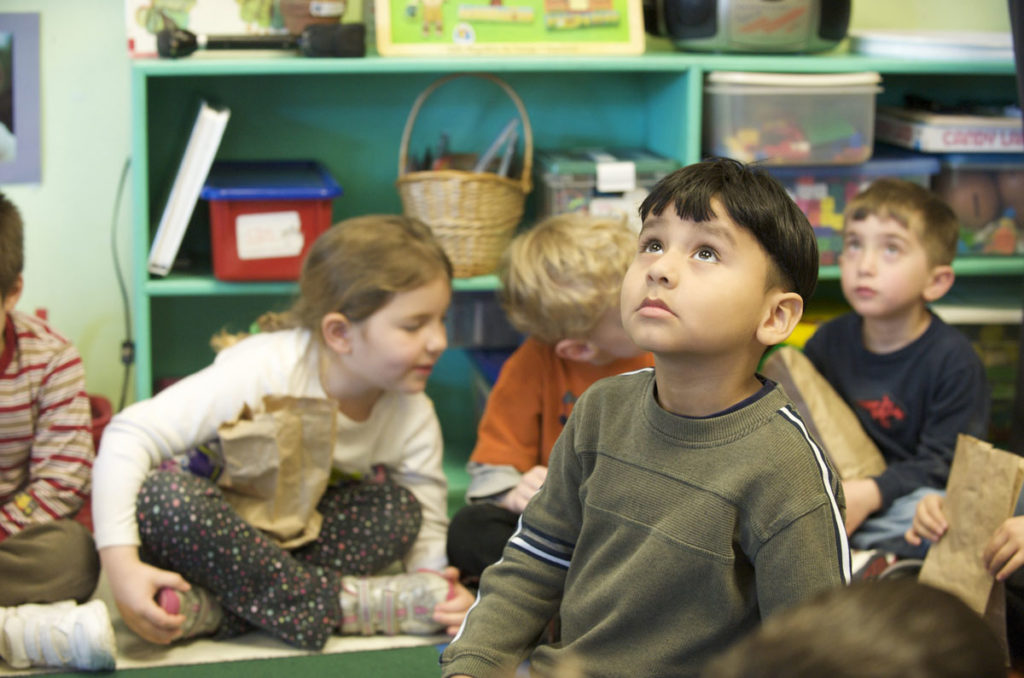
- Read and demonstrate an understanding of a variety of literary, graphic, and informational texts, using a range of strategies to construct meaning
- Recognize a variety of text forms, text features, and stylistic elements and demonstrate understanding of how they help communicate meaning
- Generate, gather, and organize ideas and information to write for an intended purpose and audience
- Draft and revise their writing, using a variety of informational, literary, and graphic forms and stylistic elements appropriate for the purpose and audience
b. Math tutoring with thorough coverage of the Ontario Math Curriculum includes but not limited to:
- Reasoning and proving: develop and apply reasoning skills to justify thinking, make and investigate conjectures, and construct and defend arguments
- Problem solving: develop, select, and apply problem-solving strategies
- Reflecting: demonstrate that as they solve problems, they are pausing, looking back, and monitoring their thinking to help clarify their understanding
- Connecting: make connections among mathematical concepts, procedures, and representations, and relate mathematical ideas to other contexts
- Communicating: express and understand mathematical thinking, and engage in mathematical arguments using everyday language, language resources as necessary, appropriate mathematical terminology, a variety of representations, and mathematical conventions


- Representing: select from and create a variety of representations of mathematical ideas
- Selecting tools and strategies: select and use a variety of concrete, visual, and electronic learning tools and appropriate strategies to investigate mathematical ideas and to solve problems
- Increase opportunities for the use of critical thinking skills to develop mathematical reasoning
- Facilitate the use of creative-thinking skills when developing solutions and approaches
- Demonstrate an understanding of numbers and make connections to the way numbers are used in everyday life
c. Science tutoring with thorough coverage of the Ontario Science Curriculum includes but not limited to:
- Assess human impacts on biodiversity, and identify ways of preserving biodiversity
- Investigate the characteristics of living things, and classify diverse organisms according to specific characteristics
- Assess the societal and environmental impacts of flying devices that make use of properties of air
- Investigate ways in which flying devices make use of properties of air
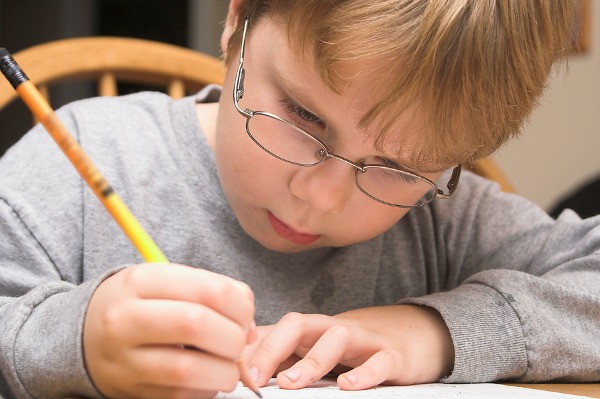

- Analyze the effects of human activities on habitats and communities
- Investigate the interdependence of plants and animals within specific habitats and communities
- Evaluate the impact of pulleys and gears on society and the environment
- Investigate ways in which pulleys and gears modify the speed and direction of, and the force exerted on, moving objects
d. Social Science tutoring with thorough coverage of the Ontario Science Curriculum includes but not limited to:
- Assess contributions to Canadian identities made by various groups and communities, including First Nations, Métis, and Inuit communities, and by various features of Canadian communities and regions
- Use the social studies inquiry process to investigate different perspectives on the historical and/or contemporary experiences of a few distinct communities, including First Nations, Métis, and/or Inuit communities, in Canada


- Describe significant aspects of the involvement of Canada and Canadians in some regions around the world, including the impact of this involvement
- Use the social studies inquiry process to investigate some global issues of political, social, economic, and/or environmental importance, their impact on the global community, and responses to the issues
- Explain the importance of international cooperation in addressing global issues, and evaluate the effectiveness of selected actions by Canada and Canadian citizens in the international arena
e. History tutoring with thorough coverage of the Ontario Science Curriculum includes but not limited to:
- Describe various significant people, events, and developments, including treaties, in Canada between 1713 and 1800, and explain their impact
- Use the historical inquiry process to investigate perspectives of different groups and communities, including First Nations, Métis, and/or Inuit communities, on some significant events, developments, and/or issues related to the shift in power in colonial Canada from France to Britain


- Analyze aspects of the experiences of various groups and communities, including First Nations, Métis, and Inuit communities, in Canada between 1713 and 1800, and compare them to the lives of people in present-day Canada
- Describe various significant people, events, and developments, including treaties between Indigenous nations and imperial powers, in Canada between 1800 and 1850, and explain their impact
f. Geography tutoring with thorough coverage of the Ontario Science Curriculum includes but not limited to:
- Analyse some challenges and opportunities presented by the physical environment and ways in which people have responded to them
- Use the geographic inquiry process to investigate the impact of natural events and/or human activities that change the physical environment, exploring the impact from a geographic perspective
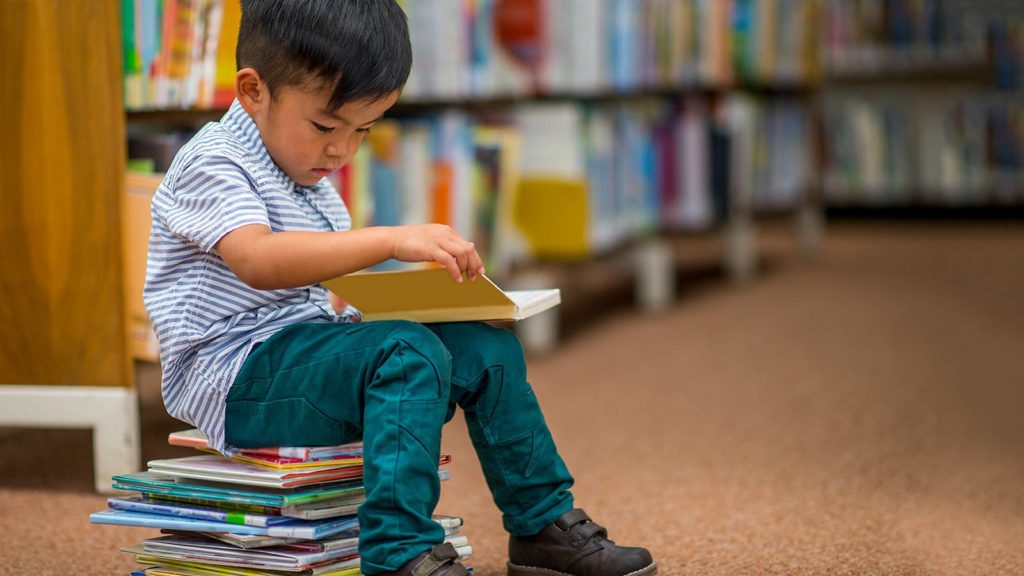

- Demonstrate an understanding of significant patterns in Earth’s physical features and of some natural processes and human activities that create and change those features
- Analyze aspects of the extraction/ harvesting and use of natural resources in different regions of the world, and assess ways of preserving these resources
- Use the geographic inquiry process to investigate issues related to the impact of the extraction/ harvesting and/or use of natural resources around the world from a geographic perspective
After School Tutoring
After school tutoring helps a child with their day-to-day homework and learning ability. It reinforces what the child learns in school and also develops the homework skill, after all, homework is the key to academic success. After school tutoring allows a child to learn time management and organization skills, such as:
- Organisation
- Following instructions
- Using learning materials effectively
- Applying feedback positively


Online Tutoring
After school tutoring helps a child with their day-to-day homework and learning ability. It reinforces what the child learns in school and also develops the homework skill, after all, homework is the key to academic success. After school tutoring allows a child to learn time management and organization skills, such as:
- Organisation
- Following instructions
- Using learning materials effectively
- Applying feedback positively
Provincial Testing EQAO

